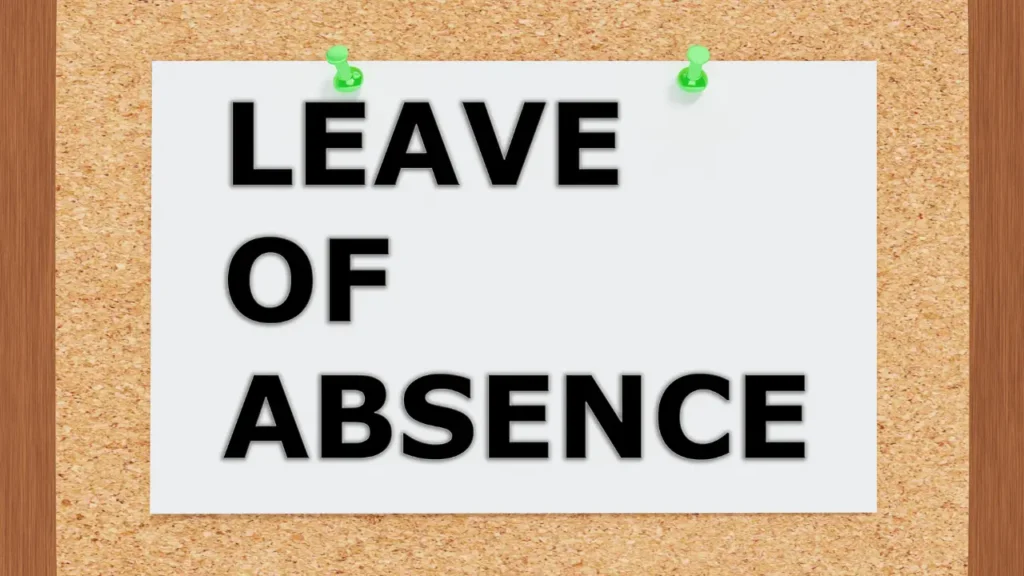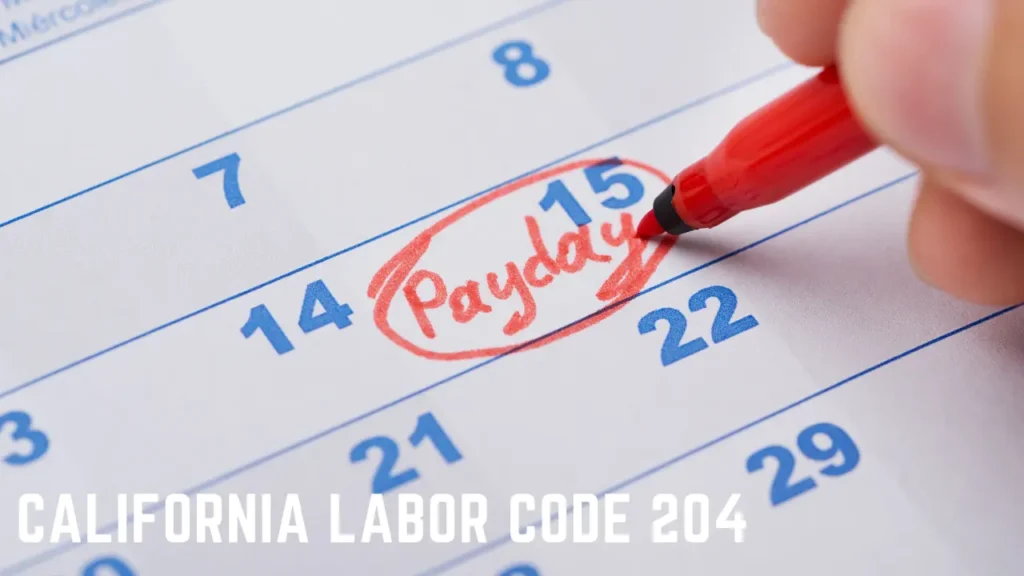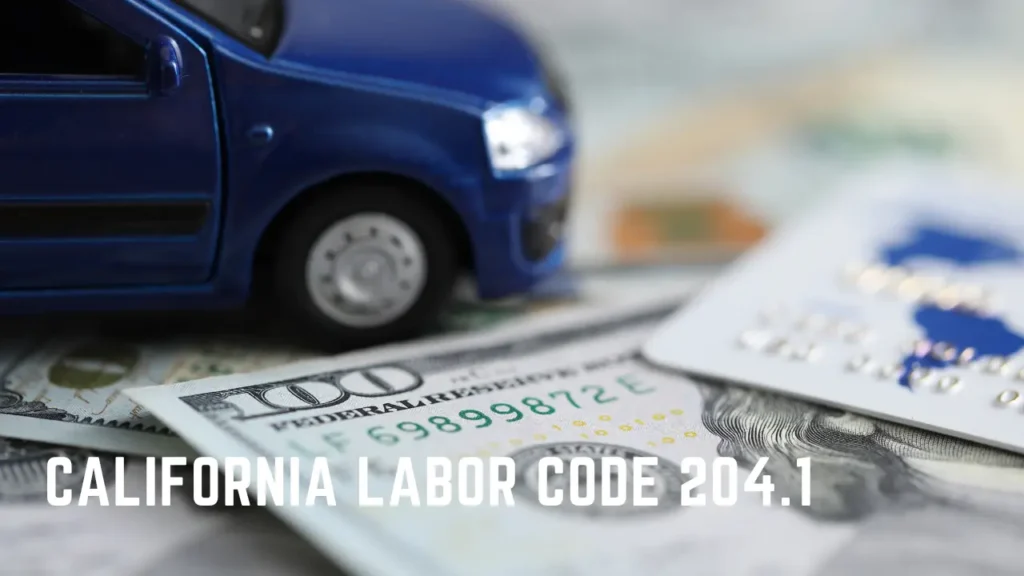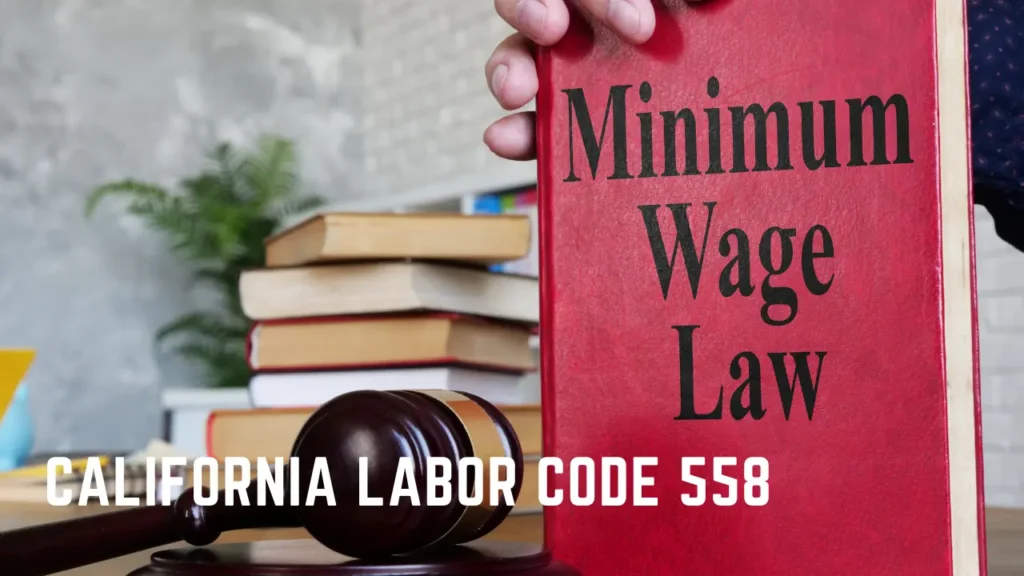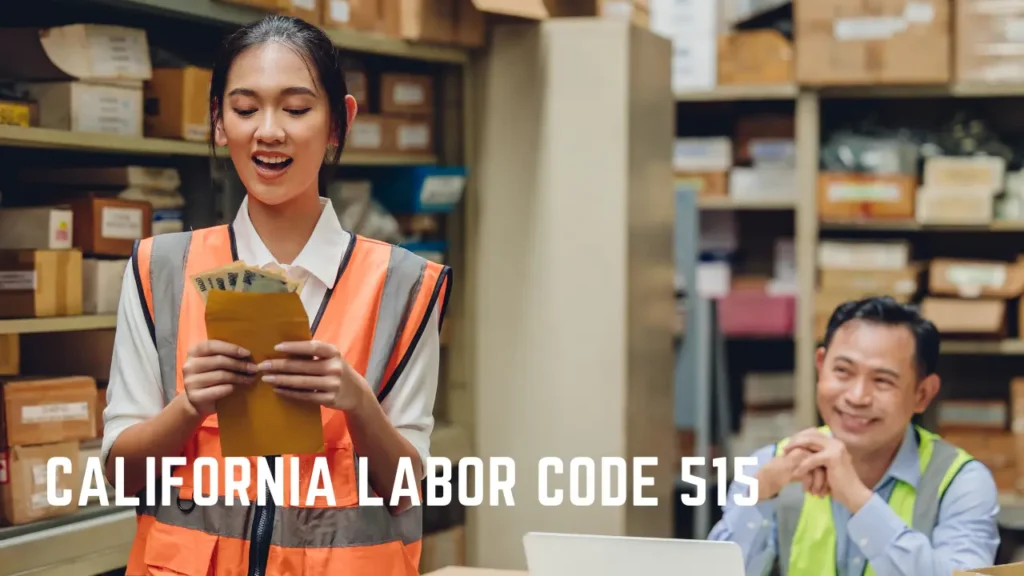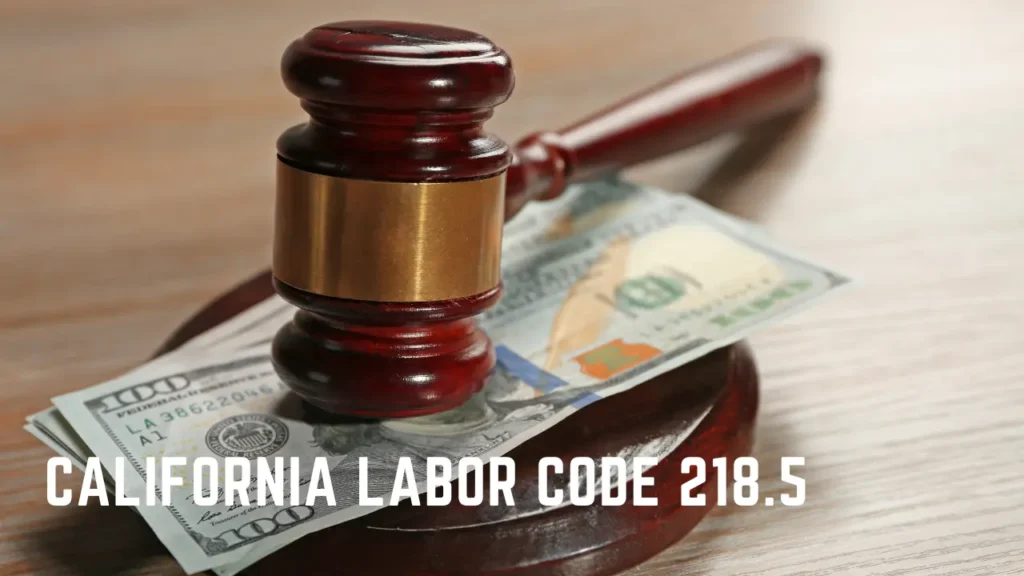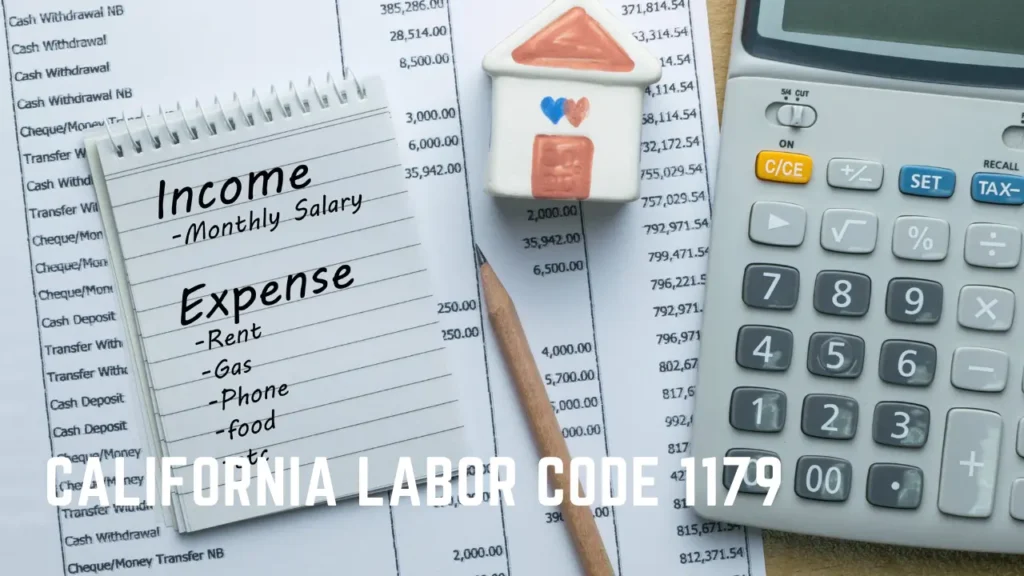Table of Contents
ToggleHowever, the intricate nature of PAGA and its implications on both employees and employers necessitates a deeper exploration. As we delve into the nuances of this act, we will also examine how PAGA penalties have been enforced in real-world scenarios, and discuss the role of legal entities like Jonny Law in navigating these complex cases.
Understanding PAGA
To fully grasp the implications of the Private Attorney General Act (PAGA), it is crucial to understand that it is a unique legal provision in California’s Labor Code 2698 that empowers employees to act as private attorneys general, permitting them to sue their employers for a range of labor code violations. This groundbreaking legislation serves as a potent vehicle for employees to uphold their employment rights and hold employers accountable for violations.
Violations under PAGA include, but are not limited to, wage and hour discrepancies, failure to provide meal breaks, and unsafe working conditions. Importantly, PAGA penalties, which amount to $100 per employee per pay period for initial violations, and $200 for subsequent ones, can create significant financial risk for businesses.
Origins of Labor Code 2698
Enacted in 2004, Labor Code 2698, also known as the Private Attorney General Act (PAGA), represents a significant milestone in California’s employment law history. Its inception was primarily motivated by two factors:
- The State’s Resource Limitations:
- The California Labor and Workforce Development Agency lacked sufficient resources to investigate and sanction all reported labor code violations.
- PAGA was designed to deputize private citizens, enabling them to pursue penalties on the state’s behalf.
- Protection of Workers’ Rights:
- PAGA empowers employees to act as private attorneys general in recovering civil penalties for labor code breaches.
- This provision has significantly reinforced the enforcement of California’s labor laws, ensuring a safer and fairer workplace for all employees.
PAGA’s Impact on Employees
Building on the origins and legal framework of PAGA, it is essential to examine the substantial impact this legislation has had on employees.
PAGA has dramatically empowered employees, facilitating their ability to hold employers accountable for labor violations previously overlooked. It has created a shift in power dynamics, placing a legal tool in the hands of workers to enforce the labor code. This has led to significant financial penalties for employers, deterring them from committing future violations.
However, this has also had an adverse side effect: an increase in litigation, often for minor infractions. Despite this, the overall impact of PAGA on employees has been largely positive, fostering a more just and equitable workplace environment.
Violations Under PAGA
Under the umbrella of PAGA, a wide array of labor code violations can lead to litigation, each carrying significant financial penalties for employers found guilty. These offenses range from relatively minor infractions to major abuses:
- Minor Violations:
- Failure to provide meal breaks
- Unpaid overtime
- Failure to provide accurate wage statements
- Major Violations:
- Unsafe working conditions
- Wage theft
- Discrimination and harassment
The penalties for these violations are substantial, with initial offenses costing $100 per employee and subsequent violations resulting in a $200 penalty per employee. This legislation empowers employees to take action, ensuring that businesses are held accountable for any failure to uphold labor standards. It’s a powerful tool in the fight for workers’ rights.
PAGA Penalties Explained
Unpacking the financial implications of PAGA, it’s essential to understand that the act imposes substantial penalties on employers for labor code violations, with the aim of deterring such misconduct and protecting employees’ rights.
The act stipulates a fine of $100 per employee for an initial violation and $200 per employee for subsequent violations. These penalties serve not only as a punitive measure but also a deterrent, discouraging employers from violating labor laws.
Furthermore, 75% of the collected penalties are allocated to the California Labor and Workforce Development Agency, while the remaining 25% is distributed among the aggrieved employees. Thus, PAGA penalties play a crucial role in enforcing labor laws and protecting employee rights in California.
Relevant Legal References
Having established a clear understanding of the penalties under PAGA, it is equally important to explore the key legal references that provide further insight into this legislation and its application in labor disputes.
- California Labor Code 2698: This is the foundation of PAGA, stating its purpose and outlining its basic provisions.
- Notable case law:
- *Dunlap v. Superior Court* affirmed the importance of PAGA in protecting employees’ rights.
- *Kim v. Reins Internat. California, Inc.*, elaborated on the eligibility for aggrieved employees to bring PAGA claims.
- *Provost v. YourMechanic, Inc.*, demonstrated the complexities of PAGA and the need for expert legal guidance.
These references underscore the significance and broad reach of PAGA, emphasizing the need for diligent legal support in labor disputes.
Key Court Cases on PAGA
In the legal landscape of PAGA, several landmark court cases stand out, offering valuable precedents and interpretations of this complex legislation.
For instance, Dunlap v. Superior Court clarified the role of arbitration agreements in PAGA claims, establishing that they cannot be enforced to prevent a PAGA representative action.
Kim v. Reins Internat. California, Inc., further emphasized the rights of aggrieved employees, ruling that settlement of individual claims does not strip one’s standing as a PAGA representative.
Provost v. YourMechanic, Inc., meanwhile, tackled the issue of PAGA’s geographic reach, concluding that PAGA penalties are applicable for violations impacting employees outside California.
These cases collectively illuminate the intricate application of PAGA, shaping its implementation in the fight for workers’ rights.
Jonny Law Role
As these pivotal cases shape the interpretation and enforcement of PAGA, the Jonny Law emerges as a key player, providing legal support to aggrieved employees seeking to exercise their rights under this Act.
The Jonny Law:
- Offers expert guidance in navigating the complexities of PAGA cases.
- Empowers employees to hold employers accountable for labor violations.
Their knowledgeable legal team is committed to ensuring justice for workers subjected to unfair labor practices. They offer:
- Rapid response to queries and case evaluations.
- A comprehensive review of employment issues and relevant documents.
In the pursuit of labor rights and fair treatment, the firm stands as a beacon of hope for aggrieved employees, marking a decisive role in the fight against labor violations.
How to Contact Jonny Law
Reaching out to the Jonny Law for legal assistance is a straightforward process, designed to quickly address labor rights violations. You can contact the firm through their official website, where an online form is available for potential clients to detail their employment issues. You are also encouraged to attach relevant documents to this form for further examination.
Alternatively, the firm can be reached via various social media platforms such as Facebook, Twitter, and YouTube. Regardless of the contact method, the Jonny Law prides itself on responding promptly, usually within five minutes of initial contact. Providing your personal details, employer information, and a clear description of your employment problem will aid the firm in offering you accurate and efficient legal advice.
Procedure for Legal Assistance
To pursue legal assistance under the Private Attorney General Act, a well-articulated process must be followed, highlighting the importance of clear communication and precise documentation.
Initiation of claim:
- Contact a knowledgeable legal firm, such as the Jonny Law, with details of your employment issue.
- Attach relevant documents such as recent pay stubs for a thorough review.
Legal process:
- Once your claim is received, the firm will review it and respond promptly, usually within 5 minutes.
- If your claim is found to be valid, the firm will guide you through the next steps of filing a PAGA lawsuit.
Understanding this procedure can provide hope and confidence to employees who have suffered labor code violations, reminding them they are not powerless in the face of employer misconduct.
Key Documents for Case Review
A comprehensive review of a potential PAGA lawsuit necessitates the careful collation and analysis of pertinent documents. These can include employment contracts, pay stubs, work schedules, and any written communication regarding employment terms or conditions.
These documents provide vital evidence of any alleged labor code violations. Employment contracts and pay stubs may reveal discrepancies in wage payment or inaccurate record of hours worked. Work schedules can help ascertain if mandatory rest and meal breaks were provided. Correspondence on employment terms may demonstrate a pattern of labor code infringements.
A thorough review of these documents can provide a solid foundation for a PAGA claim, ensuring accurate representation of the employee’s grievances and substantiating the case for labor rights violations.
Conclusion
In conclusion, the Private Attorney General Act (PAGA), or Labor Code 2698, plays a pivotal role in safeguarding employees’ rights in California. It penalizes employers for labor code violations, thus fostering fair working conditions.
Jonny Law dedicated assistance enhances the enforcement of PAGA, ensuring swift and effective legal aid. Providing detailed information fosters comprehensive case review, further strengthening the fight against labor violations.




